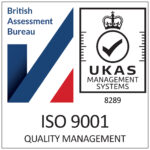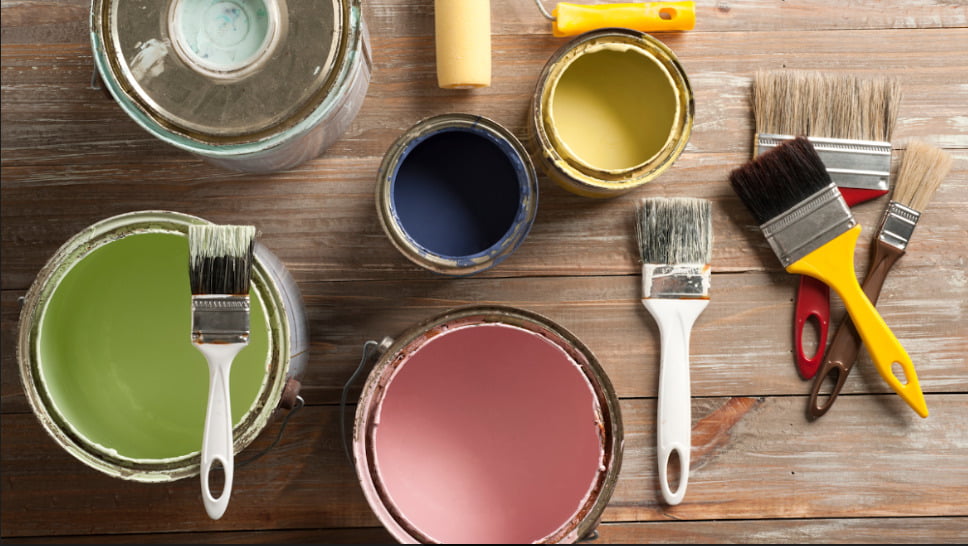Month: August 2022
Water vs. Solvent-Based Coatings: Differences
This post is for you if you are wondering about the difference between water-based and solvent-based coatings. Coatings often obtain their name from the resin or binder from which they are made. Examples of resins that give the name of the coatings include epoxies, alkyds, and urethanes. The coatings are made up of these elements only. Additionally, coatings may contain additives with specific properties and pigments that impart color. They may also include a component that helps the coating dissolve in liquid, making it easier to apply.
Typically, a chemical solvent or water is used as a liquefaction agent. The terms “solvent-based” and “water-based” are derived from the agent type used. The right product for the job depends on the situation in which it is used. Usually, one is not better than the other, but they work very differently depending on their situation. You can get both types of coatings available in Creative Resins.
Water-based coatings
About 80% of paints sold today are water-based paints. This is undoubtedly due to the appeal of water-based products; whether heavy-duty protective coatings or interior paint for the home, it has low odors.
When you work in poorly ventilated or confined places, solvent evaporation can cause discomfort and pose a health hazard for anyone. For this reason, many projects have railroad cars and fuel storage tanks and use water-based coatings. This decreases the concentration of combustible vapors and components that often accumulate in confined areas. However, Occupational Safety and Health Administration-approved confined space safety regulations will still be in effect.
Compliance with ecological zones is a fundamental reason for choosing water-based paint. With time, most solvents evaporate into volatile organic compounds (VOCs). State, national and provincial governments regulate VOCs by controlling how much organizations can emit during specific periods. The Environmental Protection Agency sets national regulations for the VOCs, but some states have stricter restrictions that specify the need to reduce emissions.
Water-based paints contain virtually 0% solvents. Many coatings will contain co-solvents, which are just solvents in lesser concentrations and act to push water out of the coating during the drying process. Water-based paint has little or no solvents, so it’s a great way to reduce the VOC output. For some companies, this may mean lowering expenditure on environmental compliance advising or keeping them from paying huge fines that exceed the VOC quota set for that sector.
Solvent-based coatings
These special coatings contain liquefying components that evaporate by chemical reaction with oxygen. Typically, circulating air around solvent-based coatings speeds up the reaction, thus reducing the drying time.
These special coatings have a considerable advantage over water-based paints. These paints can tolerate various environmental conditions, such as humidity and temperature, during processing. Moisture in the air can inhibit the water from evaporating in water-based coatings, making them inappropriate to use in specific areas.
Water-based paints also present a challenge for surface preparation during any painting project. Although water is an excellent alternative to harsh solvents in certain circumstances, it is still a significant factor in corrosion. Therefore this is the primary purpose for using industrial coatings to protect surfaces from corrosion, wear, and other damage. If water comes in contact with the substrate before the coating is applied, rusting may occur in that spot. Water-based coatings must be formulated to remove all water from the surface film before corrosion occurs to ensure this does not happen. On the other hand, this process is not considered for solvent-based paints.
To sum up, water-based coatings have both strengths and weaknesses. They are an excellent choice for activities in confined spaces and continuous coating applications, but they may not be as durable as other coatings. Jobs in wet, exposed conditions such as those in recoating projects may still benefit from the correct coating type. If you want to find the best product for your project, Creative Resins would be happy to help with more information.
You can explore our products here.



